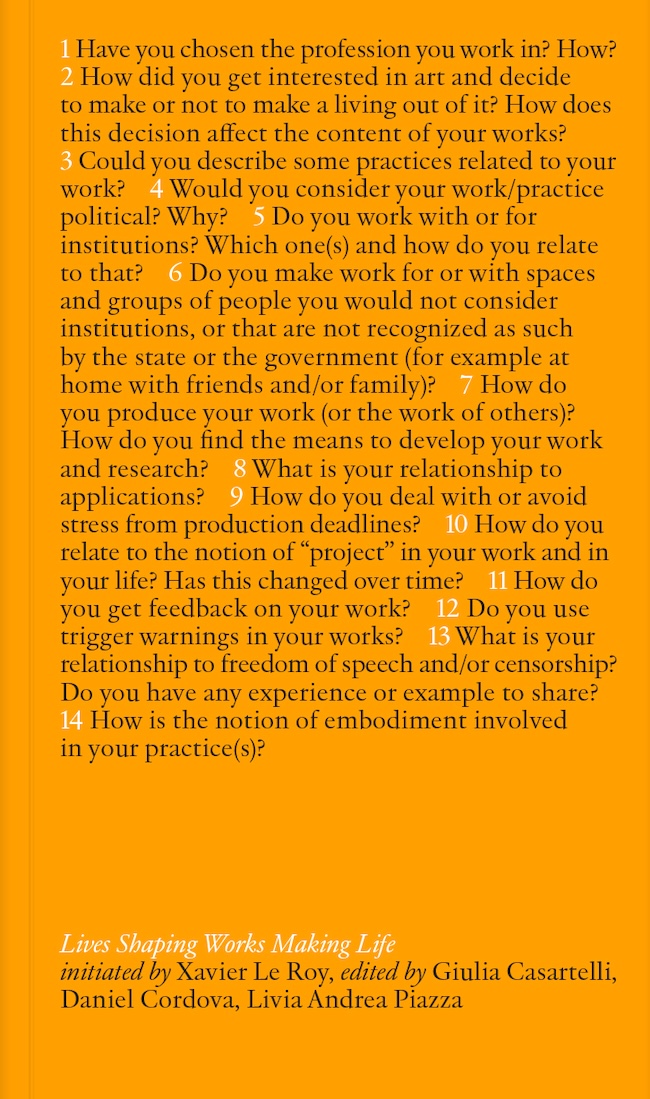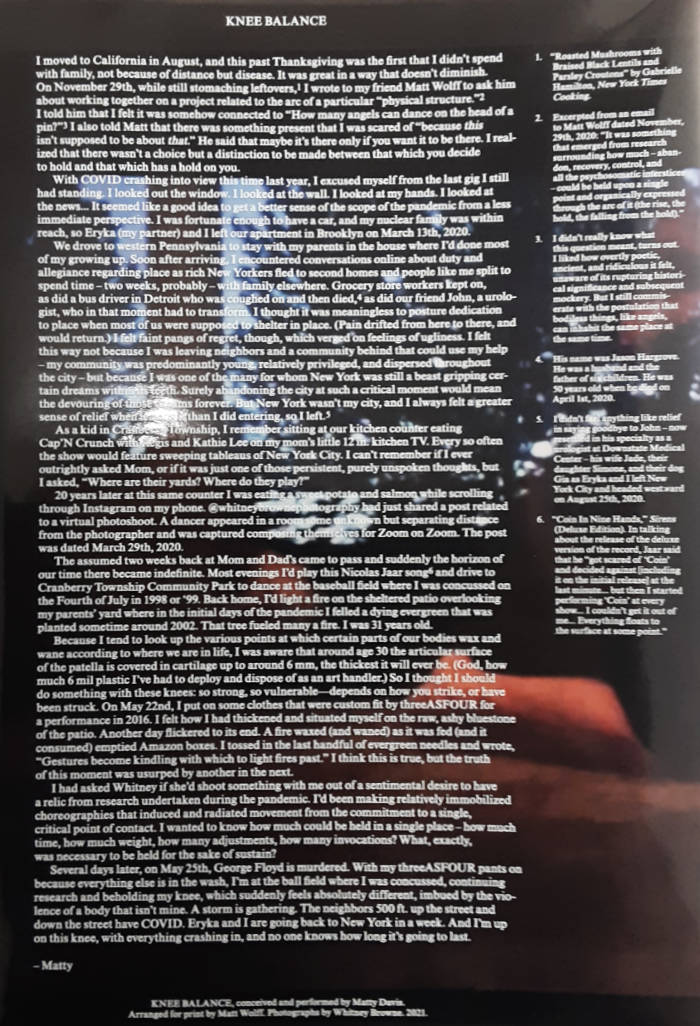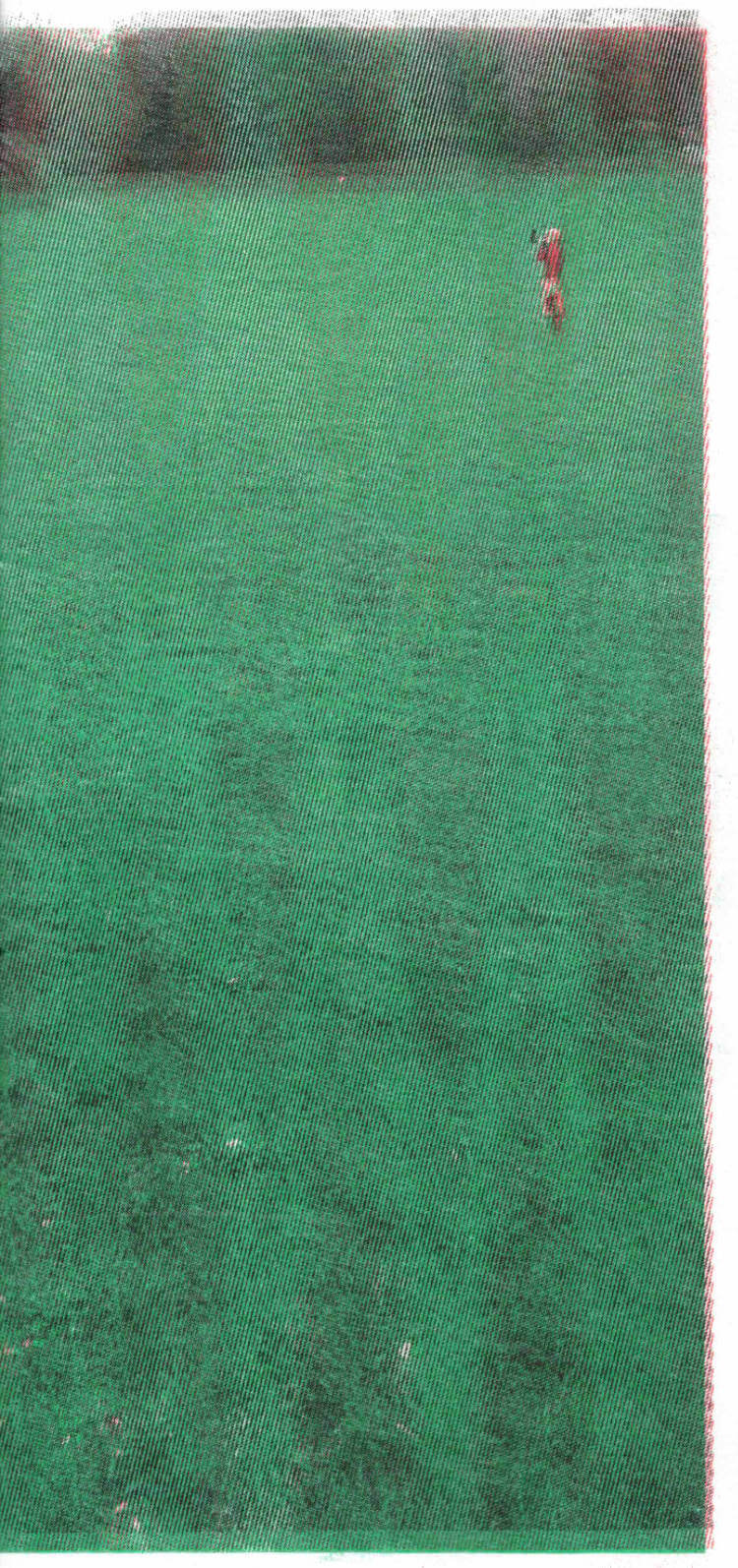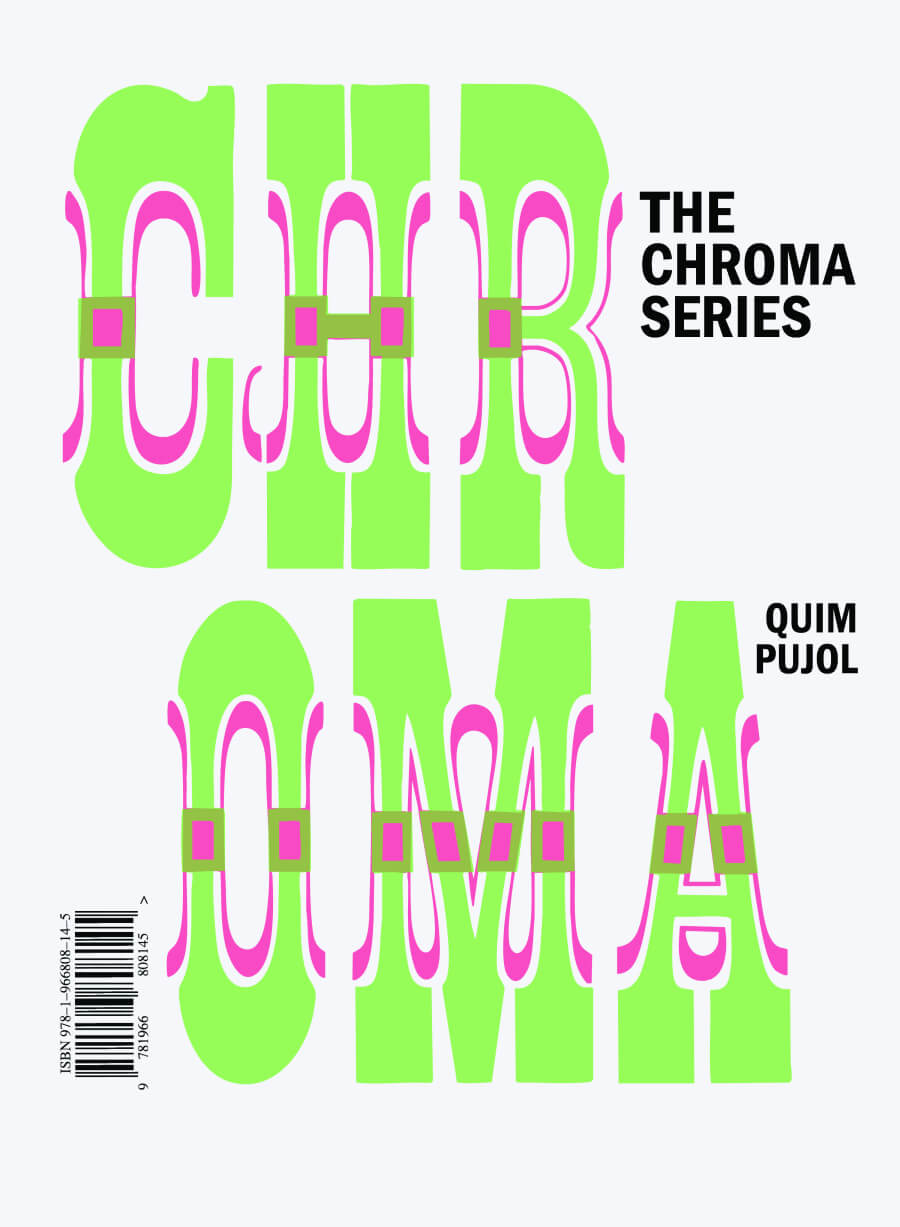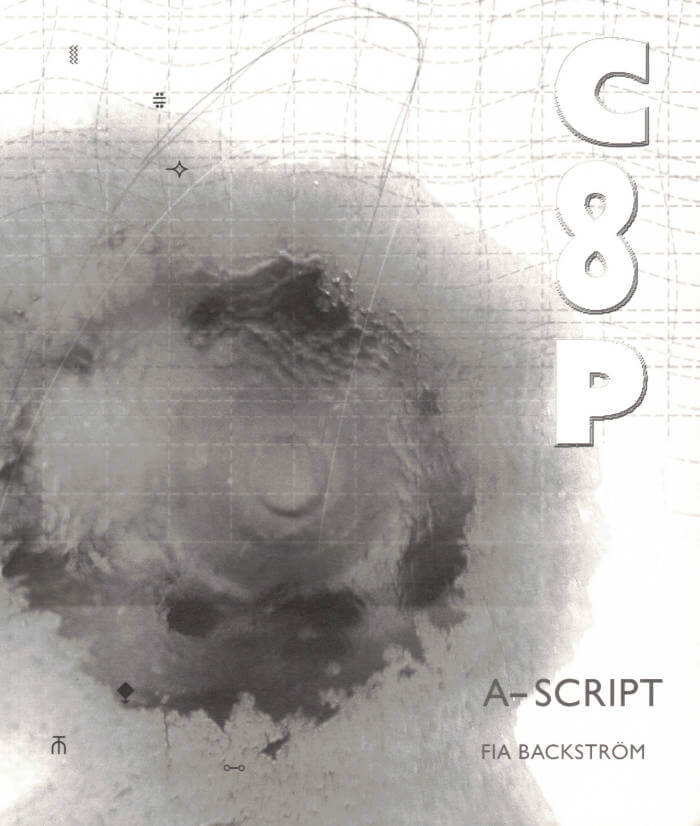
A Live Gathering: Performance and Politics in Contemporary Europe
Livia Andrea Piazza ed., Ana Vujanović ed.
The main question we raise with this book is how performance can be political in present day European representative democracy, a system which no longer draws on the live gathering of people. Several leading European (mostly female) thinkers analyse artistic practices that have emerged alongside new social movements – such as Solidarity in Greece or Municipalism in Spain – investigating how theatre, dance and performance respond to the new political insights and experiments. It is a context wherein the previously well-known tactics and tools, such as participation, identity politics or spontaneous usage of public space don’t suffice. Thus we must build and learn a new vocabulary of politicality of performance that includes opaque words such as ‘innervation’, ‘preenactment’, ‘prefiguration’ or ‘recreation’.
Part I : What is people’s gathering to democracy?
Part II : The new politicality of performance: the time of gathering, (re)creative labour and the domestic
Part III : Radiation Patterns of Performance
Contributors: Isabell Lorey, Bojana Cvejić, Bojana Kunst, Stina Nyberg, Ana Vujanovic, Giulia Palladini, Livia Andrea Piazza, Valeria Graziano, Florian Malzacher, Goran Sergej Pristaš, Silvia Bottiroli


